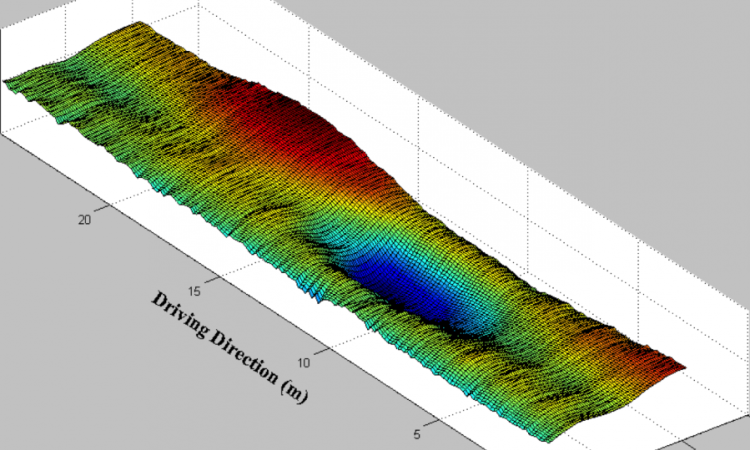Before joining the faculty at Georgia Tech, Dr. Tsai worked as a senior research scientist in the GIS center at Georgia Tech for 10 years. Since 1997, he has led a research team and worked with GDOT pavement engineers, developing and successfully implementing a large-scale Oracle GIS-based pavement preservation and management system for GDOT to effectively preserve and manage its 18,000-centerline miles of highway for the past 20 years. A series of models and programs developed by Dr. Tsai, including field pavement condition data acquisition, the annual pavement preservation project prioritization and program development, treatment determination model, cost model, and performance forecasting model, and long-term system performance simulation and optimization, have been successfully implemented by the Office of Maintenance of the GDOT. They have resulted very positive impact on GDOT's operations. He has received the innovation award on GIS-enabled Ship Recognition - Innovation Research Grants for Transportation Security in 2007. He was named Chinese Chang Jiang Scholar in 2009 for his international recognition on pavement preservation and management using sensing and information technologies. The Chang Jiang Scholar is one of the most prestigious scholar honors in China.
Our research focuses on developing innovative technologies, methodologies, and applications, using:
- Emerging sensing technologies: 3D laser, Lidar technologies, 2D imaging, smart phone, IMU, Electric Vehicles (EV), Drone, and Connected and autonomous vehicles (CAV), eye tracking devices, etc.
- Data science: AI, computer vision, and GIS spatial-temporal analysis.
Research interests:
The primary research focus areas of GT-SCI include:
- Sustainability and Resiliency of Infrastructure
- Infrastructure Inventorying and Condition Assessment for Resiliency
- Infrastructure Deterioration Analysis and Performance Modeling
- Treatment Selection, Prioritization, Budget Allocation, and Optimization
- Sustainability and Resiliency of Transportation Safety
- Roadway safety audit and analysis
- Predictive Safety Modeling and Risk Assessment
- Roadway departure, collision rate, and crash severity reduction using sensor-based real-time safety score analysis and driver behavior analysis
- Sustainability of Safe Mobility for Seniors/Aging Population
- Health Assessment and Mobility Analysis
- Predictive Safety Modeling and Personalized Mobility Solutions
- Crash Severity and Risk Reduction Using Sensor-Based Safety Models
- Sustainability of Transportation Energy and Carbon-Emission Reduction
Please take a look at the introduction to Smart City Infrastructure lab by clicking here.
In the News
Pagination
- Current page 1
- Next page




